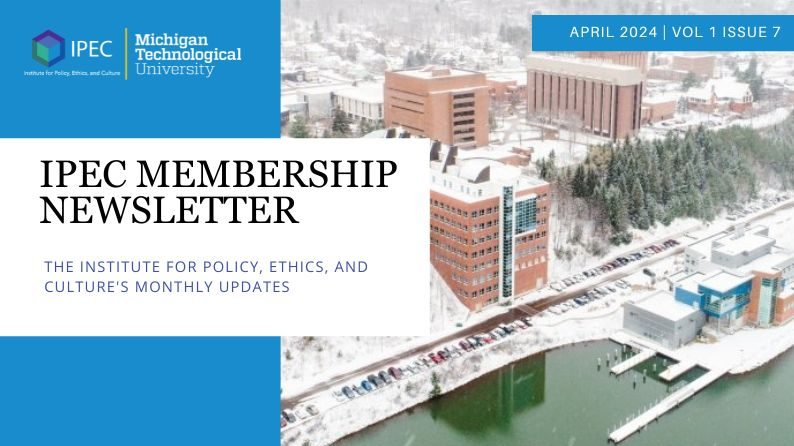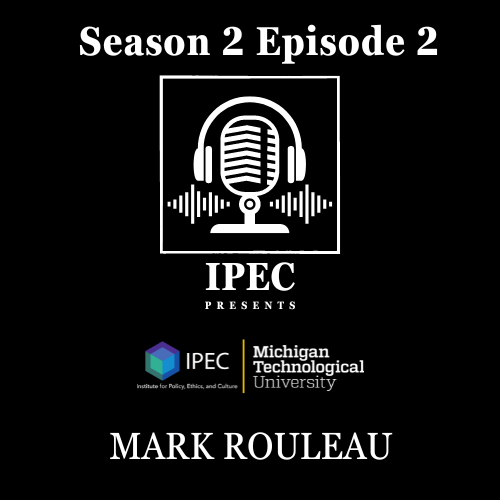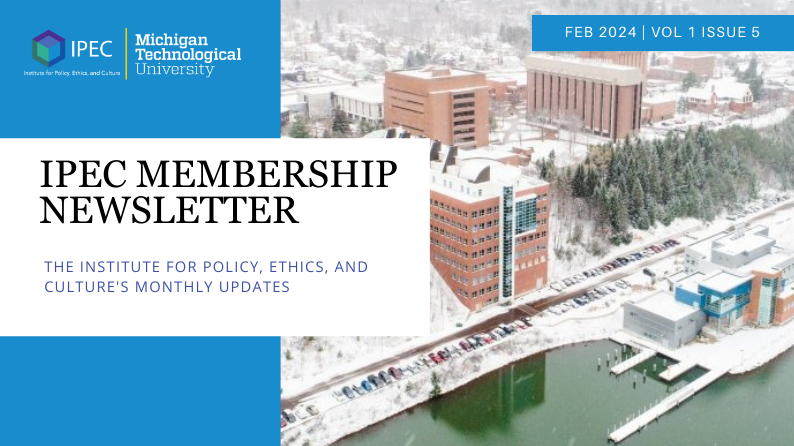The National Endowment for the Arts has approved Libby Meyer (VPA) for a grant in the amount of $20,000.
This grant will support a multidisciplinary arts series at the Rozsa Center. In total, the NEA will award 1,135 Grants for Arts Projects awards totaling more than $37 million as part of its second round of fiscal year 2024 grants.
Meyer’s work supports IPEC, the Institute for Policy, Ethics, and Culture. She serves as an executive committee member of the institute. Her recent podcast episode with IPEC Presents can be streamed on Spotify and Apple Podcasts.



